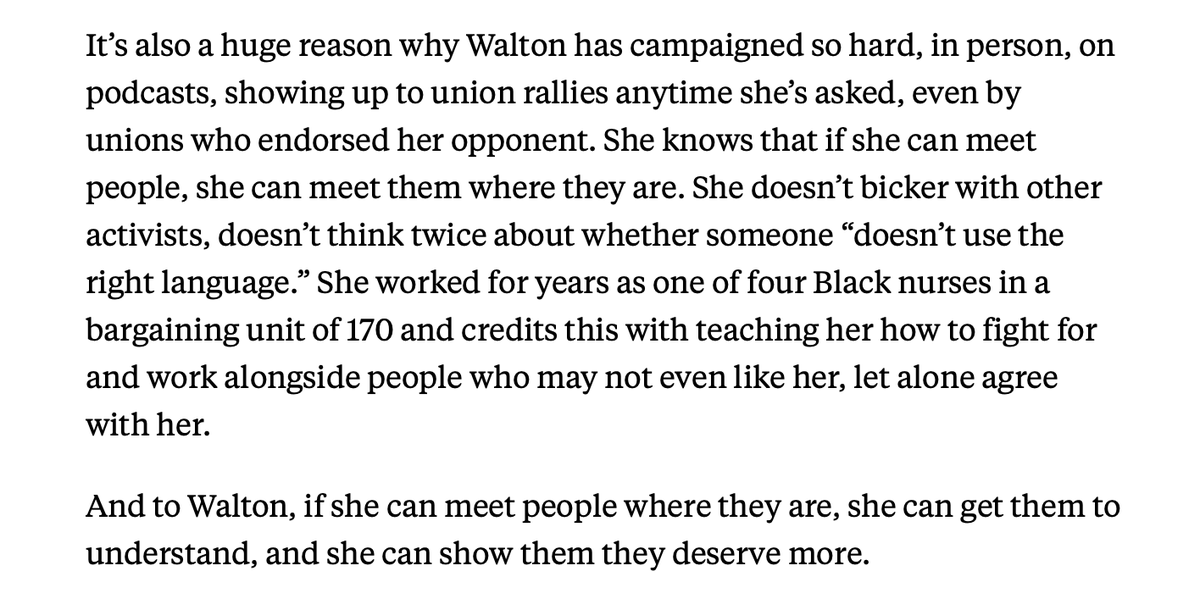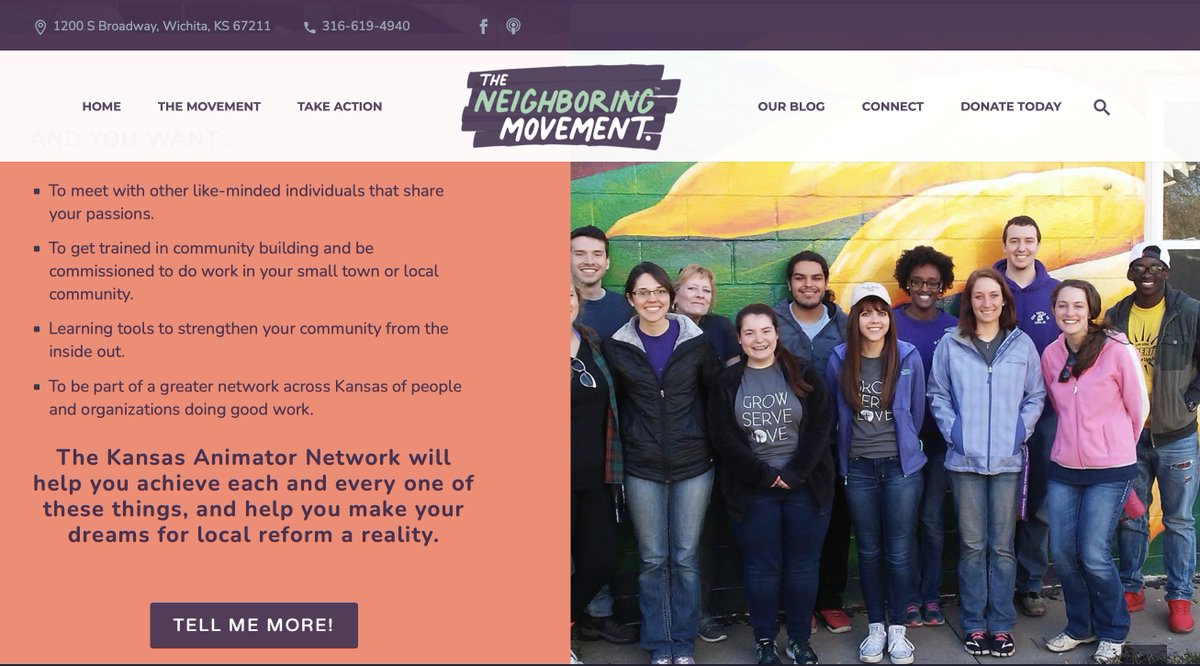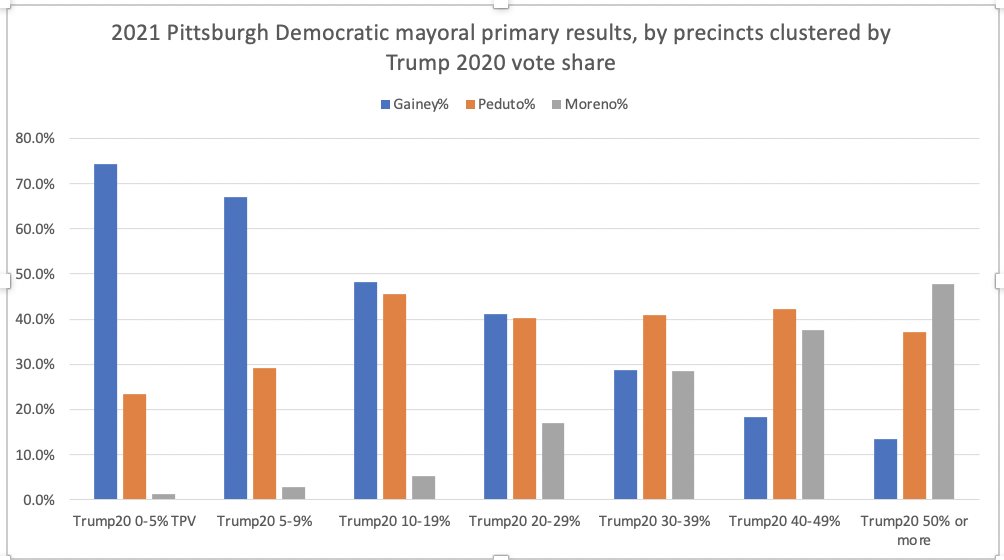
It worries me that some otherwise smart & well-informed observers seem to believe that a meaningful portion of the actors who made the slogan/goal Defund the Police prominent, live within the progressive grant funding universe. I think that’s wrong in 2 different ways. [quick 🧵]
https://twitter.com/mattyglesias/status/1408567918707810305
Who is the assumed “everyone involved” here? I think this may be a case where some of the Twitter Isn’t Real Life crowd are forgetting that Twitter Isn’t Real Life.
Out in the real world, who embraced the slogan/goal of defund the police? 1) a very diffuse array of young local activists, many stepping into public/political activism for 1st time, for whom it resonated w/their vision of what a better community would look like; 2) RW amplifiers
One result of the weak-Dem-side/strong-RW communcation infrastructure disparity—the lack of any equivalent to FOX/Fb/talk-radio/YouTube array—is that the progressive slogans/projects normal human beings hear about are the ones RW channels choose to amplify
https://twitter.com/owasow/status/1366804804811382785
I see two distinct attribution errors in much debate #onhere over “defund”: 1) assuming a small number of out-of-touch activists pushed the slogan for reasons driven by Left insider/elite incentives, & 2) assuming the reason voters heard about it is because activists said it
I am up at dawn on a Saturday fretting about this not because I want to pick a fight, but because there is a Groundhog Day awfulness to watching systemic & structural Dem-side shortcomings generate what get coded as “messaging problems” again & again
https://twitter.com/lara_putnam/status/1380476654242435073
To stop repeating? Build stronger infrastructure both on supply side (broadening who can step into political action & what their allies+experiences look like) & the delivery side (w/ a wider array of trusted messengers & channels reaching into more places)
https://twitter.com/lara_putnam/status/1380484161832677377
What does paying attention to supply-side infrastructure look like? It means not just coding India Walton's victory in Buffalo as 😍 (or 😱) socialist wins!
But rather asking what channels brought her to the table: & what she brought with her as a result newrepublic.com/article/162788…
But rather asking what channels brought her to the table: & what she brought with her as a result newrepublic.com/article/162788…
See eg this great description of what made Walton an effective campaigner👇 Captures how important unions can be in shaping pipeline of potential politicians with 1st hand experience among *non*progressive *non*activists.
Loss of unions=loss of critical supply-side infrastructure
Loss of unions=loss of critical supply-side infrastructure

Also supply side infrastructure: this program bringing young people fr across Kansas into a cohort for training as neighborhood animators, in non-partisan program rooted in faith-based community organizing tradition (h/t @jordisunshine) neighboringmovement.org/kan-kansas-ani… 

Some replies above point to individual pols/orgs who embraced Defund. Yes: true. Do ACLU/Omar etc have independent agenda-setting power to define the debates reachng unengaged voters? No, only when RW ecosystem chooses to make them loud. That's a problem
https://twitter.com/lara_putnam/status/1408738455455215618
• • •
Missing some Tweet in this thread? You can try to
force a refresh











